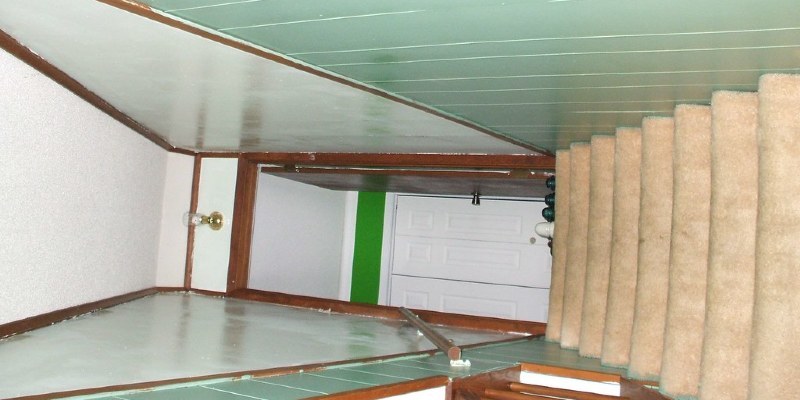Just two states–Colorado and Nevada–suffer a higher foreclosure rate than California, reports the State of California Franchise Tax Board. California is a “non-recourse” state. As such, lenders can’t pursue any outstanding debt that a borrower still owes after foreclosure. Unfortunately, these legal protections don’t apply to everybody, and even in the best of circumstances, foreclosure can take steep consequences.
Deficiency Judgment
A deficiency judgment takes place when a lender sues a former employer for any equilibrium he owes after the lender liquidates the property. Deficiency judgments are most common in situations in which the individual’s mortgage is worth over the property securing the mortgage. The California Civil Code grants creditors the option to utilize either non-judicial foreclosure when seizing property. Nearly all lenders opt for non-judicial foreclosure since it’s a quicker process. Non-judicial foreclosure, however, prevents creditors from recovering any mortgage deficiency afterward. Should a lender utilize its appropriate to judicial foreclosure, however, it may legally pursue the borrower for any existing mortgage deficiency.
Permanent Home Loss
Many states provide borrowers a period following foreclosure during which they could pay back the mortgage and redeem the property. This is referred to as the”right of redemption.” In California, there’s no right of redemption for borrowers whose creditors hunted non-judicial foreclosures. Since nearly all foreclosures in the country are non-judicial, very few former California homeowners have the right to recover their houses after taxation –even if their financial circumstances change and they are able to afford to.
Junior Lien Recovery
If a home carries any additional liens beyond that of the primary mortgage lien and the mortgage lender forecloses, these liens stop to exist. That doesn’t mean, however, the debts behind the liens also vanish. After taxation, the prior lien holders can sue the borrower and pursue the debt in other ways, like seeking a wage garnishment or withdrawing and freezing funds from the borrower’s bank accounts.
Housing Difficulties
Foreclosure takes a heavy toll on your credit score and remains a feature of your credit report for seven years. Not only does the credit damage leave you unlikely to be approved for new credit or loans in the near future, it also makes finding a new home after foreclosure a formidable endeavor. You won’t be approved for mortgage financing instantly after losing your property. Additionally, most landlords require a credit check prior to renting houses or flats; a recent foreclosure is a red flag to potential landlords which you may not pay your lease on time. The expense of living in California is significantly greater than in a number of other regions of the country. The Southern California Association of Nonprofit Housing estimates that a couple must earn approximately $25.52 an hour to afford a two-bedroom flat. For those suffering from financial trouble or getting bit more than minimum wage, this makes the issue of locating new housing after foreclosure much more debatable.

